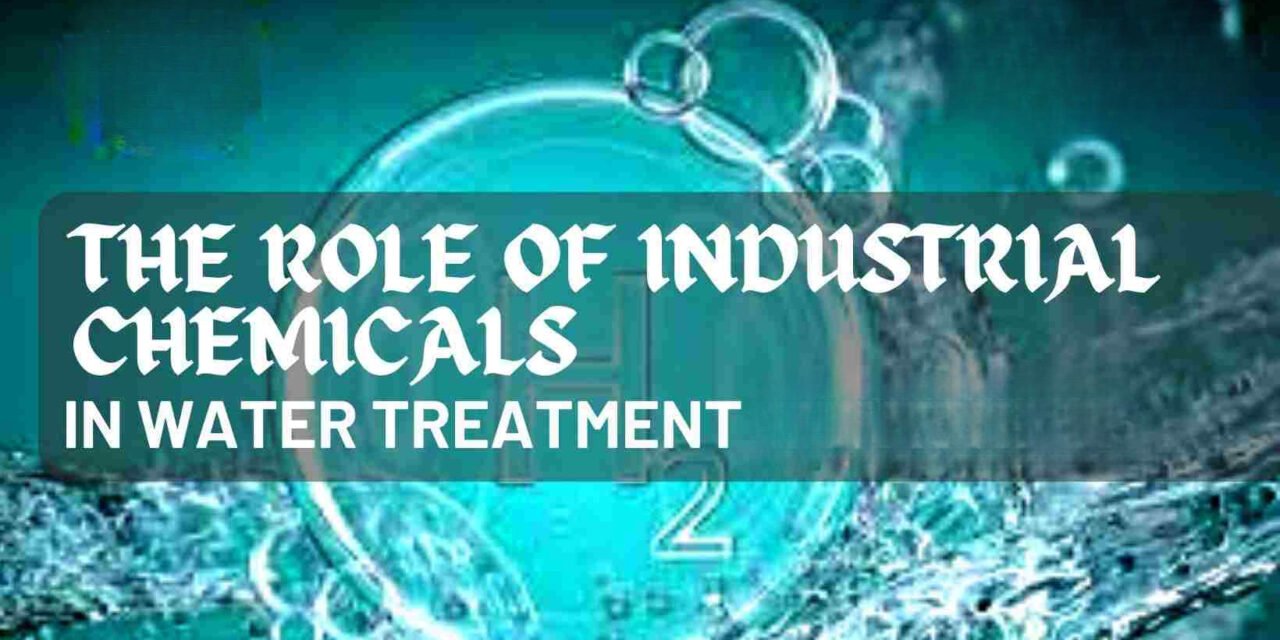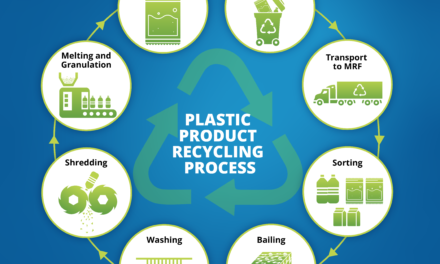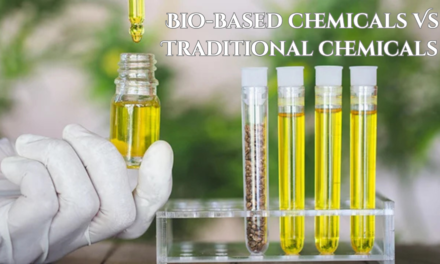Industrial chemicals play a pivotal role in water treatment technologies by ensuring safe, clean, and sustainable water for various uses, including drinking, industrial processes, and environmental protection. Here’s how:
1. Disinfection:
- Chlorine and Chlorine Compounds: Widely used to kill pathogens in drinking water and wastewater.
- Ozone and Hydrogen Peroxide: Advanced oxidants that effectively disinfect and degrade organic contaminants.
2. Coagulation and Flocculation:
- Aluminum Sulfate (Alum) and Ferric Chloride: Help aggregate suspended particles into larger clumps for easier removal.
- Polymers and Polyacrylamides: Enhance floc formation and sedimentation efficiency.
3. pH Adjustment:
- Lime (Calcium Hydroxide) and Sodium Hydroxide: Used to neutralize acidic water.
- Sulfuric Acid and Carbon Dioxide: Lower pH in alkaline water.
4. Filtration Enhancers:
- Activated Carbon: Removes organic compounds, chlorine, and odors through adsorption.
- Zeolites and Ion Exchange Resins: Trap specific ions like calcium, magnesium, or heavy metals.
5. Scale and Corrosion Control:
- Phosphates: Inhibit scale formation in pipelines and equipment.
- Corrosion Inhibitors: Protect metal infrastructure from rust and degradation.
6. Removal of Specific Contaminants:
- Chelating Agents: Bind and remove heavy metals like lead and mercury.
- Oxidizing Agents: Break down organic pollutants and reduce harmful compounds like iron and manganese.
7. Membrane Cleaning and Maintenance:
- Acids and Alkalis: Remove fouling and scale from reverse osmosis and ultrafiltration membranes.
- Biocides: Prevent microbial growth on membranes and filters.
8. Wastewater Treatment:
- Flocculants and Coagulants: Improve solid separation in wastewater.
- Anaerobic Digesters: Use industrial chemicals to enhance biogas production from organic waste.
9. Advanced Treatment Techniques:
- Advanced Oxidation Processes (AOPs): Use chemicals like hydrogen peroxide and UV light to degrade emerging contaminants (e.g., pharmaceuticals).
- Electrochemical Technologies: Supported by industrial chemicals to enhance pollutant removal.
10. Environmental Sustainability:
- Green Chemistry Solutions: Development of eco-friendly water treatment chemicals to minimize environmental impact.










